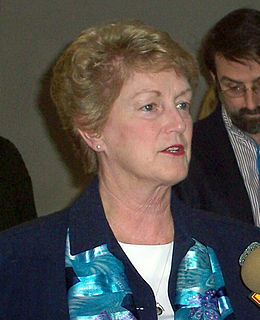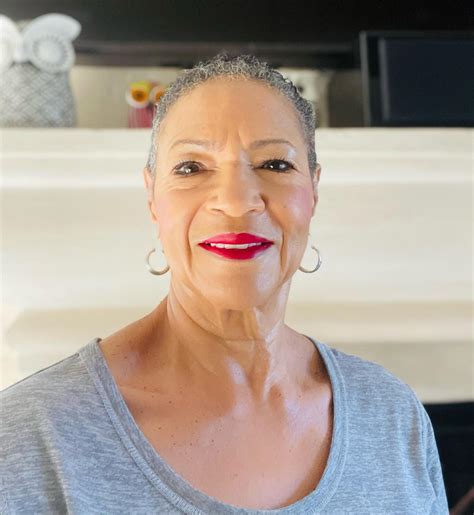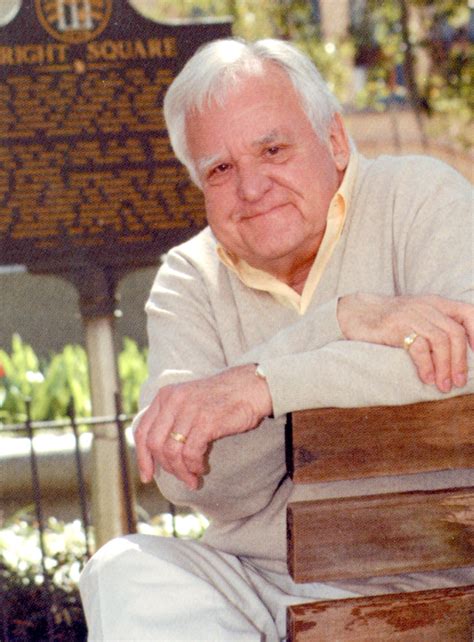A Quote by George W. Bush
Libraries promote the sharing of knowledge, connecting people of all ages with valuable information resources. These dynamic and modern institutions, and the librarians who staff them, add immeasurably to our quality of life.
Related Quotes
Children know that if they have a question about the world, the library is the place to find the answer. And someone will always be there to help them find the answer-our librarians. (A librarian's) job is an important one. Our nation runs on the fuel of information and imagination that libraries provide. And they are in charge of collecting and sharing this information in a helpful way. Librarians inform the public, and by doing so, they strengthen our great democracy.
NC LIVE has the potential to give citizens across North Carolina immediate access to the rich array of information resources housed by the libraries on UNC's 16 campuses. It will allow unprecedented collaboration and sharing of resources among sister UNC institutions, the community colleges, and the state's public libraries.
When the function of libraries is put in terms of their contributions to the community, people see their centrality. The challenge to us is to continue to help them see it in those terms to describe our larger purposes. We must assert that libraries are central to the quality of life in our society; that libraries have a direct role in preserving democratic freedoms. Free access to information and the opportunity of every individual to improve his or her mind, employment prospects, and lifestyle are fundamental rights in our society.
In tight economic times, with libraries sliding farther and farther down the list of priorities, we risk the loss of their ideals, intelligence, and knowledge, not to mention their commitment to access for all—librarians consider free access to information the foundation of democracy, and they’re right. Librarians are essential players in the information revolution because they level that field. They enable those without money or education to read and learn the same things as the billionaire and the Ph.D…In tough times, a librarian is a terrible thing to waste.
I have always had a special affinity for libraries and librarians, for the most obvious reasons. I love books. (One of my first Jobs was shelving books at a branch of the Chicago Public Library.) Libraries are a pillar of any society. I believe our lack of attention to funding and caring for them properly in the United States has a direct bearing on problems of literacy, productivity, and our inability to compete in today's world. Libraries are everyman's free university.
I claim that this bookless library is a dream, a hallucination of on-line addicts; network neophytes, and library-automation insiders...Instead, I suspect computers will deviously chew away at libraries from the inside. They'll eat up book budgets and require librarians that are more comfortable with computers than with children and scholars. Libraries will become adept at supplying the public with fast, low-quality information. The result won't be a library without books--it'll be a library without value.
People, materials, facilities, money, and time are the resources available to us for conducting our business. By applying our skills, we turn these resources into useful products and services. If we do a good job, customers pay us more for our products than the sum of our costs in producing and distributing them. This difference, our profit, represents the value we add to the resources we utilize.
We need to take information, wherever it is stored, make our copies and share them with the world. We need to take stuff that's out of copyright and add it to the archive. We need to buy secret databases and put them on the Web. We need to download scientific journals and upload them to file sharing networks... With enough of us, around the world, we’ll not just send a strong message opposing the privatization of knowledge - we’ll make it a thing of the past. Will you join us?
Data isn't information. ... Information, unlike data, is useful. While there's a gulf between data and information, there's a wide ocean between information and knowledge. What turns the gears in our brains isn't information, but ideas, inventions, and inspiration. Knowledge-not information-implies understanding. And beyond knowledge lies what we should be seeking: wisdom.
Many flagship state universities have wonderful digital libraries that are accessed by people around the world. In future, if not current, budget crises, trustees, board members, and administrators may wonder why these state institutions - with an articulated primary clientele of students, faculty, and staff members and a secondary clientele of all citizens of the state - should be spending resources on a digital library that is used by many people beyond the primary and secondary service populations.

































